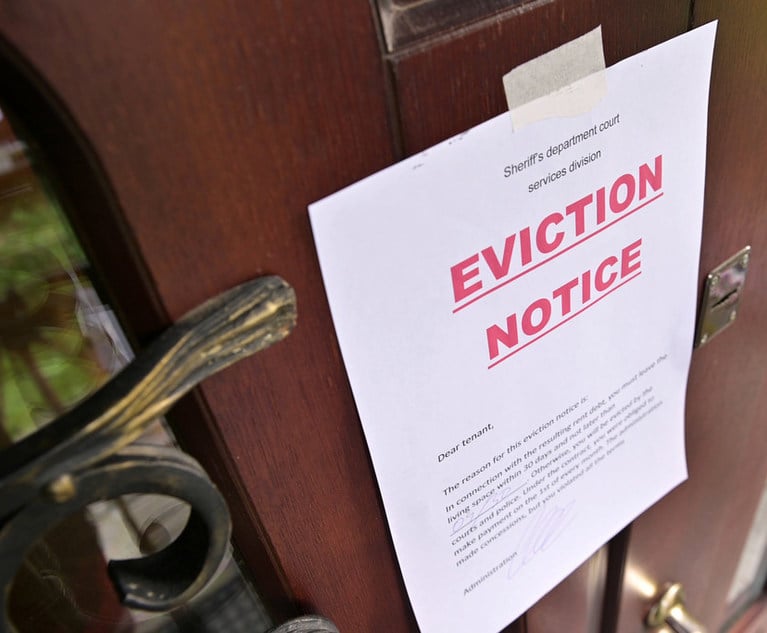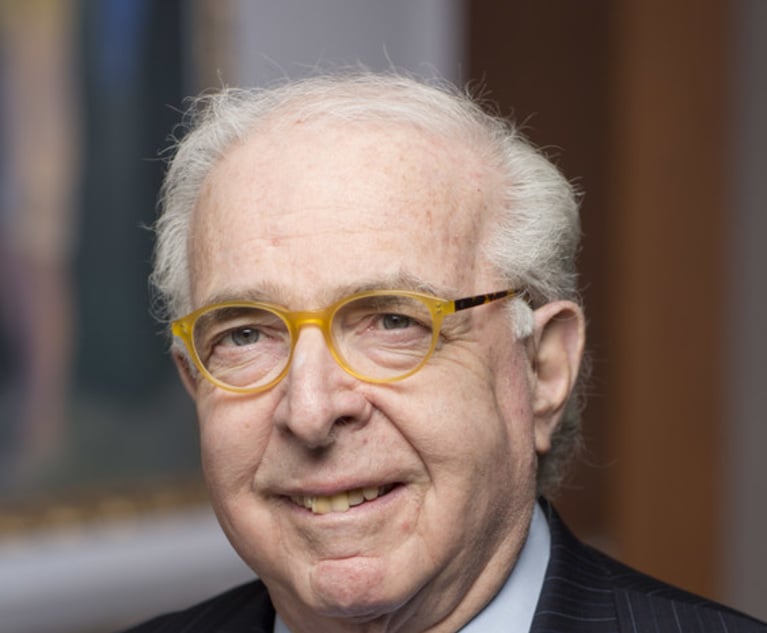The enactment of the Housing Stability and Tenant Protection Act of 2019 (HSTPA) has created considerable turmoil and uncertainty in the real-estate industry in New York. Although perhaps not intended to be impacted by this sweeping legislation, co-ops are undeniably bound by its provisions, and are legally prohibited from collecting “additional rent” charges—such as late fees, attorney fees, sublet fees, and the like—in summary nonpayment proceedings in Housing Court.
To address those recent developments, some practitioners have recommended alternative methods for collecting maintenance arrears charges from cooperative shareholders through the use of UCC Article 9 nonjudicial foreclosures, at least with respect to owner-occupied units. See, e.g., “A Tool for Co-op Boards to Collect Arrears and Legal Fees.” Habitat, Jan. 28, 2020. But nonjudicial foreclosure is not the answer. It is legally untenable and could subject co-op boards who employ that method to severe legal and financial consequences.


 Apartment buildings in New York City. (Photo: Victor J. Blue/Bloomberg)
Apartment buildings in New York City. (Photo: Victor J. Blue/Bloomberg)




